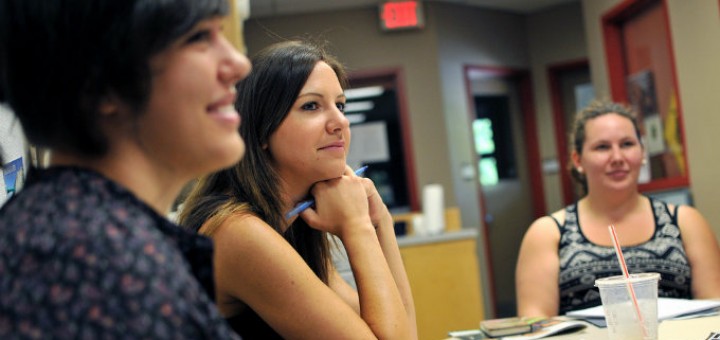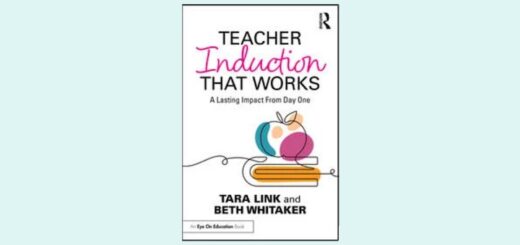Teaching and learning in grades 4-8
Jody Passanisi’s post on confronting her flipped classroom bias is among MiddleWeb’s most popular articles. A year later, as she reflects on her flipped teaching experiment again, she finds herself “a little less starry-eyed and a little more strategic.”
In “Blended: Using Disruptive Innovation to Improve Schools,” the authors provide a roadmap to help educators deconstruct a factory-style education system and introduce innovative approaches that empower students as learners, says reviewer Mackenzie Grate.
In sharing his own journey through the world of educational gaming, former teacher and USA Today reporter Greg Toppo helps readers consider both the potential and the possible pitfalls of game-enhanced learning, says sixth grade teacher Kevin Hodgson.
To understand how America’s infatuation with high-stakes testing negatively impacts our quality of life, we need look no further than China’s education history, says principal Matt Renwick, in his review of Who’s Afraid of the Big Bad Dragon? by Yong Zhao.
Collaborating teachers share the energy of co-teaching models: alternative, parallel, station, and team teaching. With the summer countdown underway, it’s a perfect time to reinvigorate your teaching by taking those models to class, says Elizabeth Stein.
Guest expert Dr. Susan Pruet stresses the need to stretch beyond simple arithmetic to incorporate more challenging math content in STEM lessons. Pruet also cites the supports middle grades math teachers will need to spark student engagement in STEM careers.
In today’s budget-conscious and time-stressed schools, virtual field trips are a great way to excite students without leaving the classroom. Teaching expert Barbara Blackburn shares a sample lesson idea and some good places to hunt for relevant field trips.
Each chapter of Stop Leading Like It’s Yesterday gives an example of “yesterday’s way of thinking” and offers a new strategy for pursuing change, assessing success, and having critical conversations. MS administrator Tamekia McCauley plans to try several.
Media literacy educator Frank Baker wants “to help today’s media-saturated students realize the lengths that political consultants will go to get (and keep) our attention.” As the “polioptic” presidential race begins, Baker shares insights and lesson ideas.
Given the current focus on reading & writing across the curriculum, Janet Allen’s cogent & concise book on vocabulary will be useful to non-ELA teachers, who may not be as familiar with strategies for teaching literacy skills, says reviewer Susan Schwartz.











































